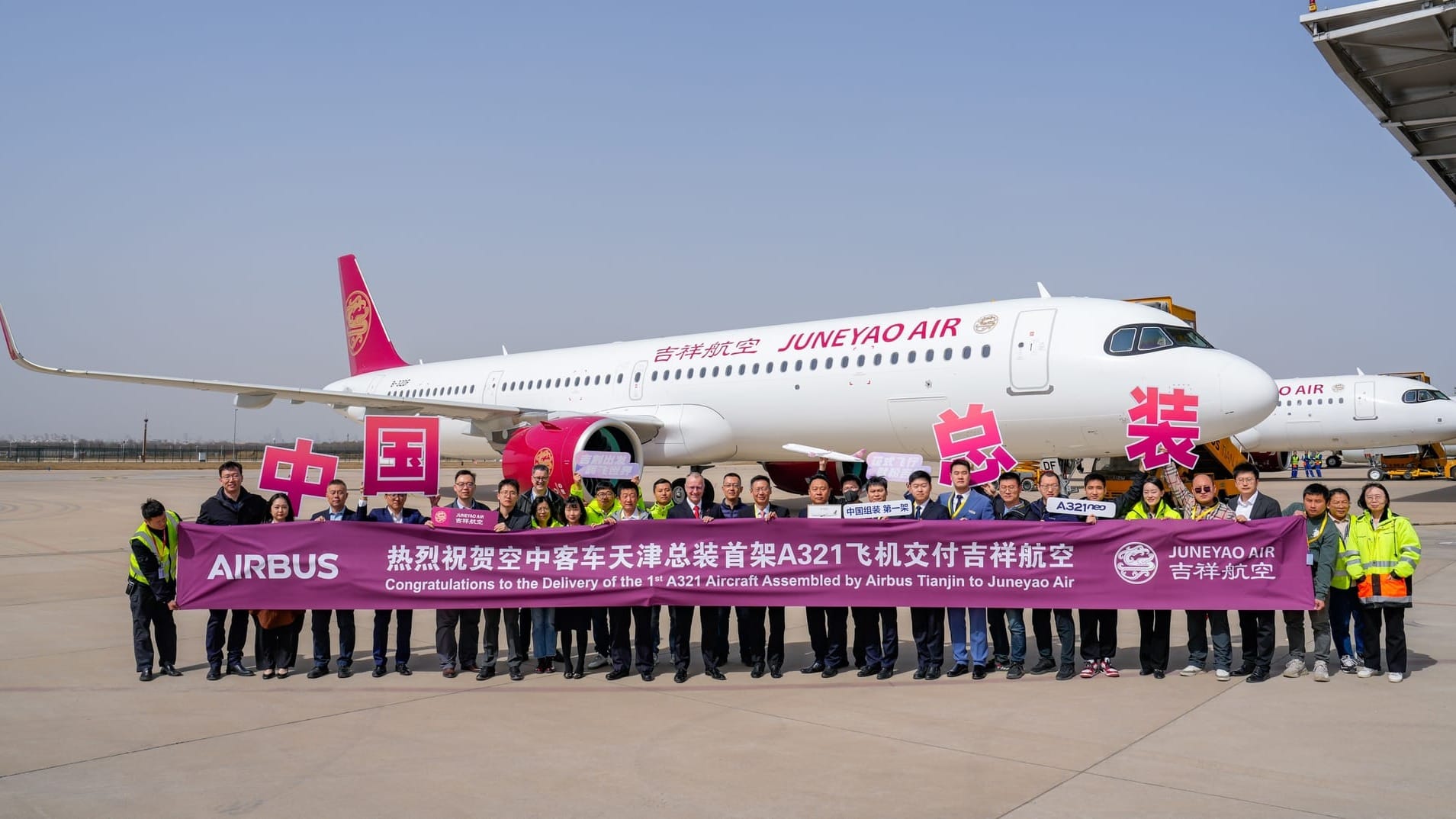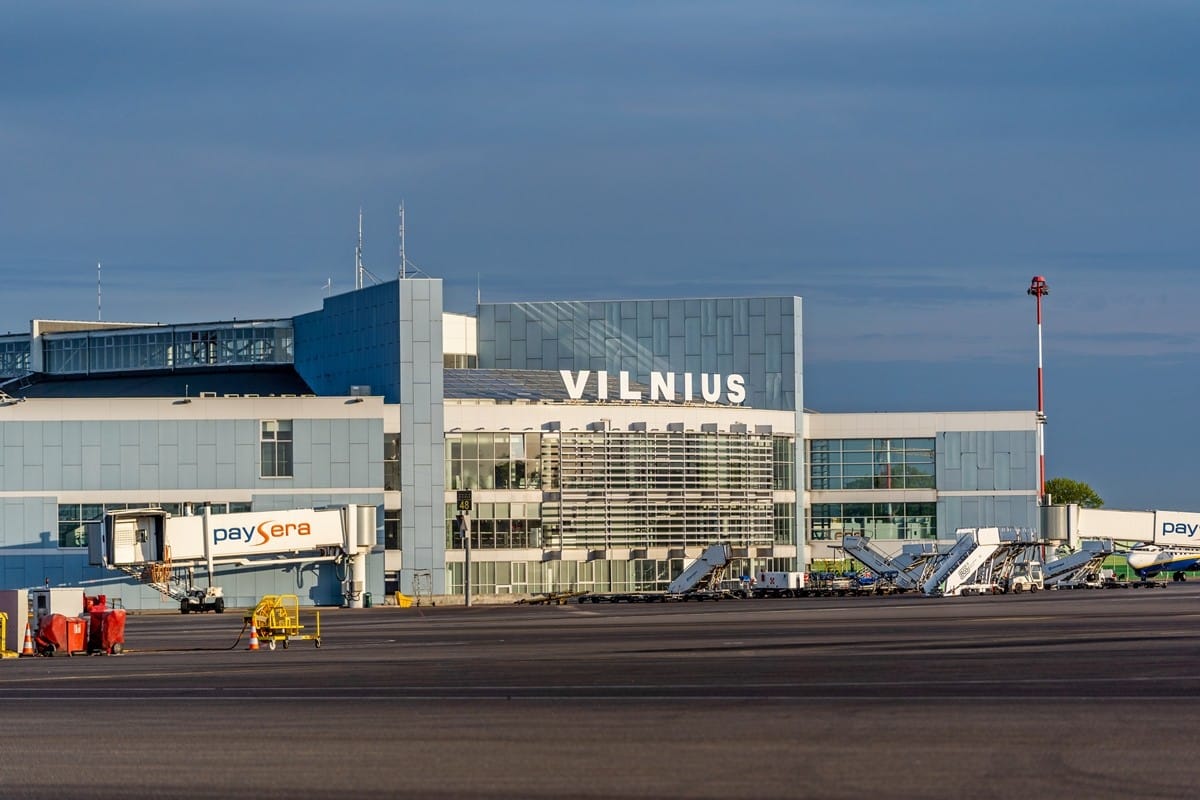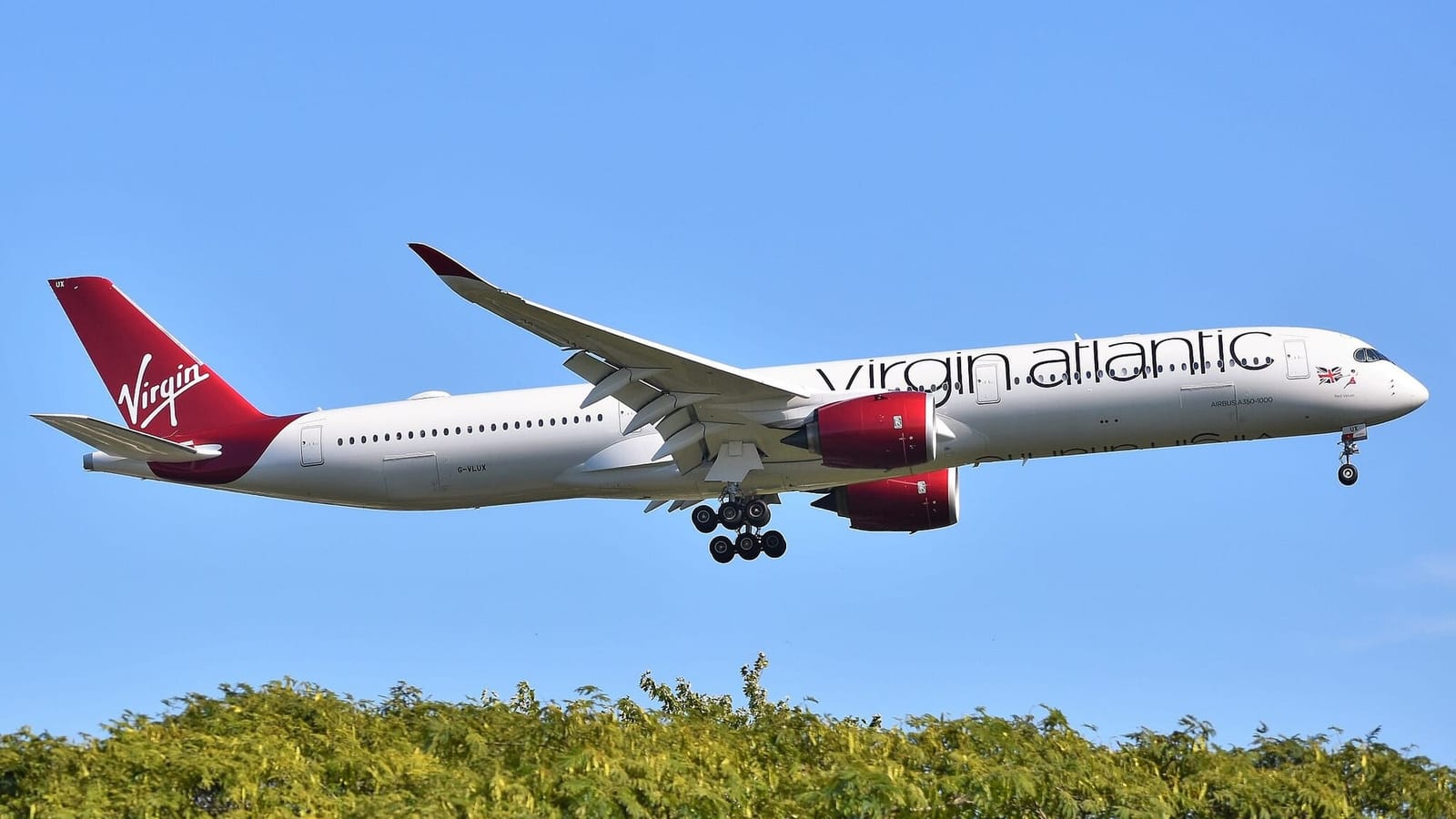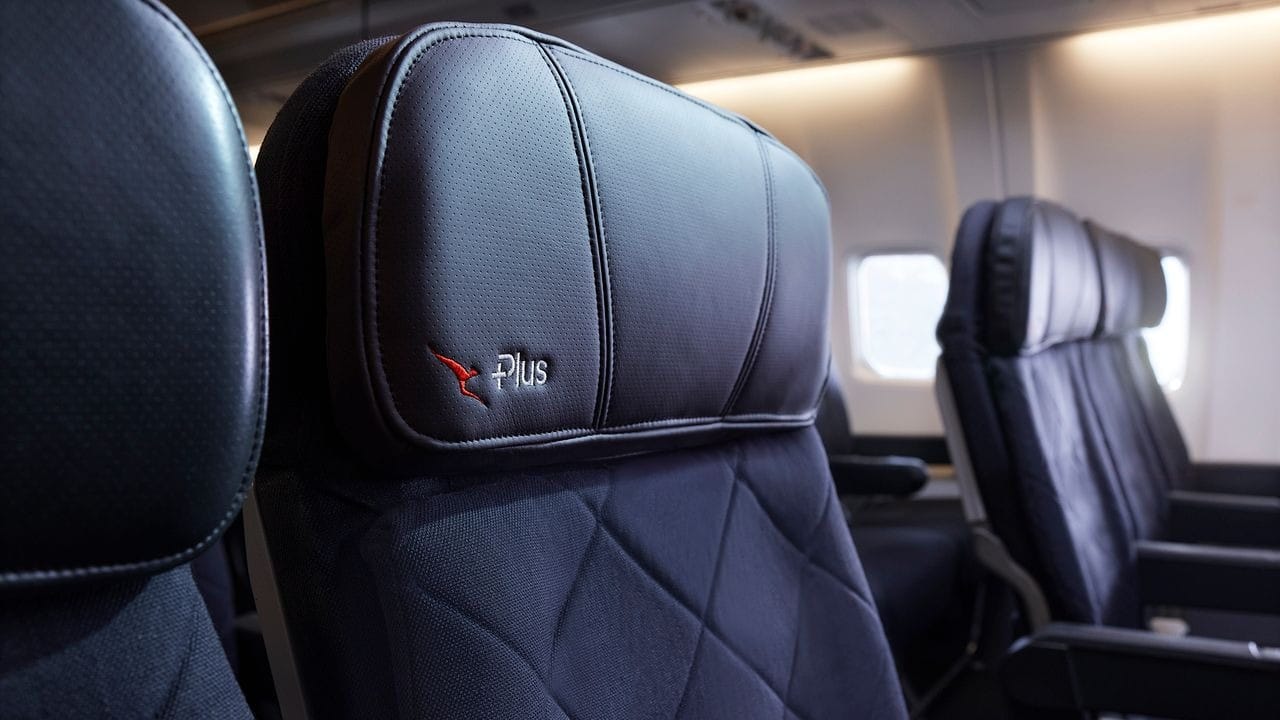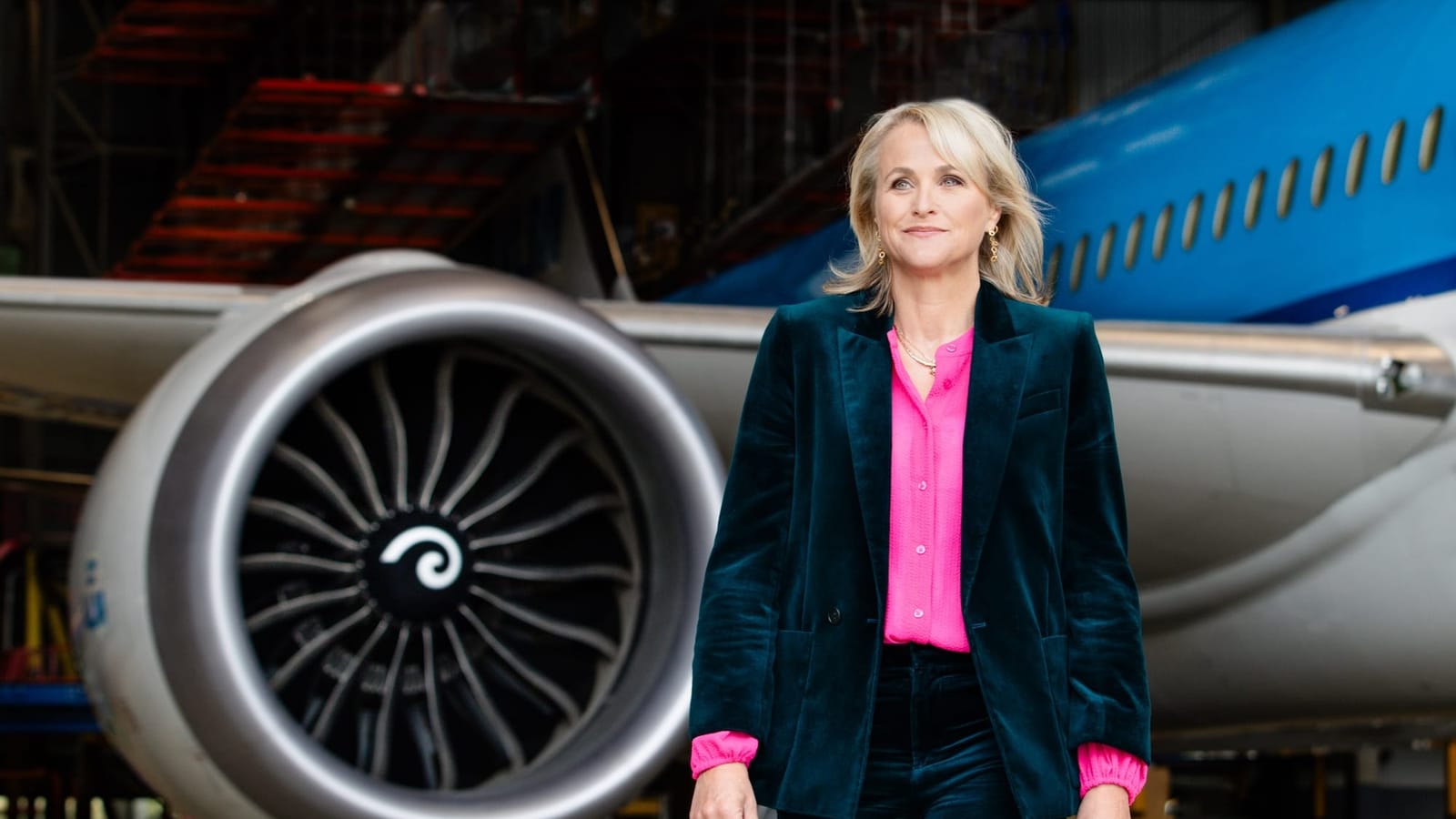Airbus has officially inaugurated its second A320 family aircraft final assembly line (FAL) in Tianjin, China, as the European planemaker continues to expand its production capabilities to achieve a monthly A320neo family aircraft production rate of 75.
On October 22, 2025, Airbus announced that its second A320 family aircraft FAL is officially open, which, following preparations to assemble its first aircraft, should be fully operational in early 2026.
Guillaume Faury, the Chief Executive Officer (CEO) of Airbus, said that the new assembly line will provide the manufacturer “with the necessary flexibility and capacity to deliver on our plan to assemble 75 A320 Family aircraft per month in 2027.”
“Over the past 40 years of our presence here in the country, we have come a long way in establishing trustful partnerships with the [Chinese] civil aviation community, and we look forward to writing the next chapters of our future together.”
With the second FAL in China, Airbus now has 10 A320 family aircraft assembly lines in the world, including four in Hamburg, Germany, two in Toulouse, France, and two in Mobile, Alabama, the United States.
The European planemaker opened the second FAL in Mobile, Alabama, on October 13, noting that with the new assembly line, its production capabilities at the site were “effectively doubled.”
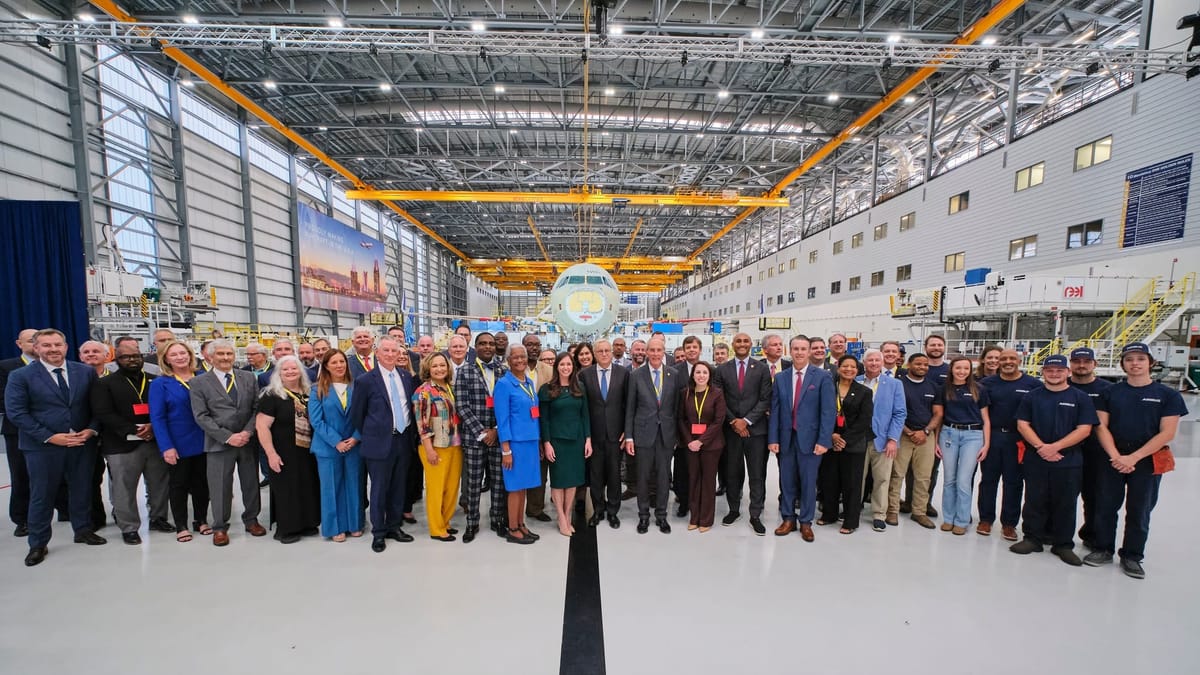
Airbus highlighted that since it opened the facility in China in 2008, it has assembled over 780 A320 family aircraft, “making the facility a symbol of successful Sino-European cooperation.”
The FAL has assembled various A320 family aircraft, including the A319ceo, A320ceo, A320neo, and A321neo. The facility’s first A321neo was delivered to Juneyao Air in March 2023.
Airbus has mostly delivered aircraft assembled at the facility, located within the premises of Tianjin Binhai International Airport (TSN), to Chinese airlines. Ch-aviation records showed that non-Chinese customers who have welcomed A320 family aircraft from TSN include AirAsia, Azul, Cebu Pacific Air, easyJet, flynas, Himalaya Airlines, and Wizz Air.
However, the Azul A320neo, registered as PR-YSP, was actually delivered from Toulouse Blagnac Airport (TLS), according to Aviation Flights Group, which tracks aircraft throughout their assembly process. Ch-aviation indicated that the aircraft was initially ordered by Bank of China (BOC) Aviation, the bank’s leasing unit, but the airframe was transferred to Azul in December 2023, potentially indicating why it ended up being delivered from TLS and not TSN.
For the European planemaker, the opening of two assembly lines in China and the US is not only a sign of its expanding production capabilities but also how it navigates the geopolitical and trade tensions that have risen to a new level once Donald Trump, the President of the US, began his second term in 2025.
The Mobile site was opened in 2015, when the US and the European Union (EU) had been exchanging allegations that both Airbus and Boeing received illegal subsidies to launch their aircraft programs, ranging from the A320 and the A380 to the Boeing 787.
While tensions between China and the US have impacted Boeing, including delivery stoppages, as well as China being one of the last countries to unground the 737 MAX, Airbus and the EU have enjoyed easier market access to the country.
In August, Bloomberg reported that China is still awaiting the right moment to announce an order for 500 Airbus aircraft, as the country’s carriers, including Air China, China Eastern Airlines, China Southern Airlines, Sichuan Airlines, and Xiamen Air, eye aircraft from the deal.
Faury met with Wang Wentao, the Minister of Commerce of China, on October 21, according to the Ministry, with Wetao emphasizing “that the global economy is currently experiencing increasing fragmentation, unilateralism, and protectionism,” which impacts international trade relations, its statement read.


